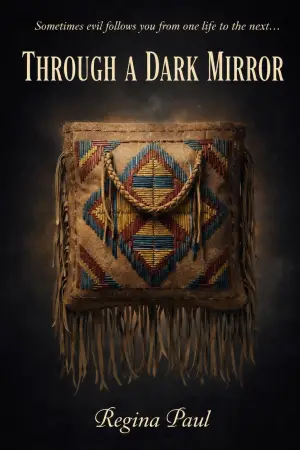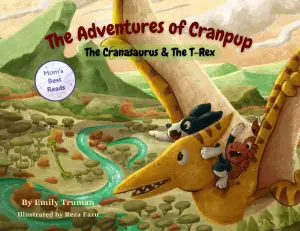Review of Whole Again: Healing Your Heart and Rediscovering Your True Self After Toxic Relationships and Emotional Abuse by Jackson MacKenzie
When I first stumbled upon Whole Again by Jackson MacKenzie, it felt like finding a lighthouse in a storm. The struggles with toxic relationships and emotional abuse are all too common, yet far too often, we navigate this terrain in isolation, feeling like we’re adrift without a map. MacKenzie, known for his earlier work, Psychopath Free, has a unique way of framing these challenging experiences that not only informs but also heals.
Key Themes and Personal Insights
In Whole Again, MacKenzie dives deep into the concept of reclamation—reclaiming our identities and emotional well-being after being tangled in toxic relationships. The book does not shy away from the raw aftermath of such experiences: the numbness, the depression, and the pervasive feelings of emptiness. What resonated with me most was MacKenzie’s exploration of the “protective self” we often develop as a mechanism to shield ourselves from harm. This idea hit close to home and encouraged me to reflect on my own defensive traits—almost like holding up a mirror to my soul.
His insights into healing are sprinkled throughout with compassion and empathy, making the journey towards self-forgiveness feel attainable. The writing flows smoothly, inviting readers to pause and reflect on particularly poignant moments, which I found crucial. There were times I had to put the book down to absorb the weight of his words—the “ah-ha” moments just kept coming!
Writing Style and Notable Highlights
MacKenzie’s narrative is conversational yet impactful; it feels as if you are seated across from a friend who truly understands your pain and guides you towards healing. One reviewer noted that the book discusses complex themes like personality disorders and codependency in accessible language, and I couldn’t agree more. It’s this transparency that sets Whole Again apart from other self-help reads.
A memorable quote that stuck with me was, “We need to stop trying to heal from lies that were told to us.” This realization shifted something inside me. It’s a radical acceptance of our truths—even painful ones—that lays the groundwork for authentic healing.
Conclusion: Who Should Read This Book
Whole Again is a treasure trove for anyone who has experienced the shadows of toxic relationships—whether romantic, familial, or platonic. If you’re in need of validation, understanding, and practical tools for self-acceptance and healing, this book may just be the guide you’ve been looking for. It not only equips you with insights but also rekindles a sense of hope that, despite the pain, wholeness is achievable.
Reading Whole Again enhanced my understanding of my own life experiences and provided clarity that’s often hard to find. I found solace in* MacKenzie’s words—like a gentle nudge from the universe reminding me that healing is always possible, and sometimes, it begins within. If you’re navigating your own healing journey, I encourage you to pick up this book and discover the light waiting for you on the other side.






